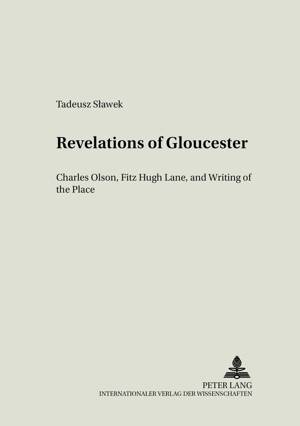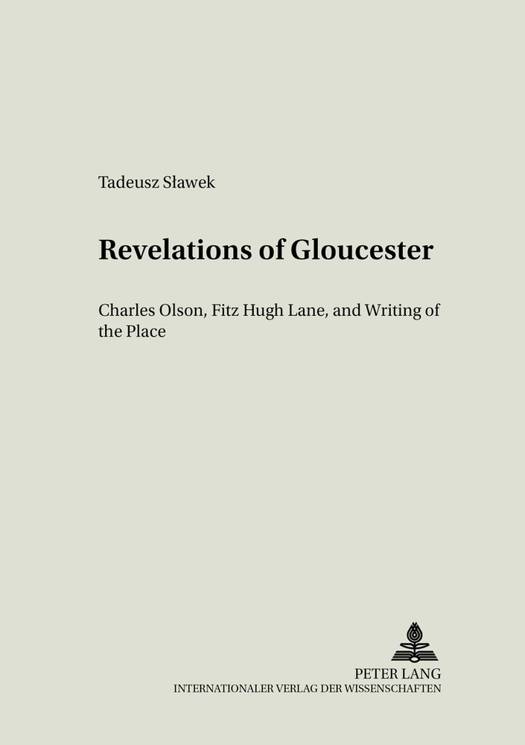
- Afhalen na 1 uur in een winkel met voorraad
- Gratis thuislevering in België vanaf € 30
- Ruim aanbod met 7 miljoen producten
- Afhalen na 1 uur in een winkel met voorraad
- Gratis thuislevering in België vanaf € 30
- Ruim aanbod met 7 miljoen producten
Zoeken
€ 99,45
+ 198 punten
Omschrijving
A relationship between man and place has always attracted scientists', scholars', and artists' attention. Succinctly subsumed in the concept of genius loci and implicated in the art of visual and linguistic description, topography of man's existence invited debates among such disciplines as geography, economy, ecology, history, and philosophy. Revelations of Gloucester is a book which, including elements of all these areas of research, focuses on the variety of problems generated by the process of representing a place. Occupying a very special position on the cultural and historical map of the US, the city of Gloucester has had at least two champions of outstanding stature: Charles Olson, a leading avantgarde poet of the 1950s and 1960s whose Maximus Poems is one of the most ambitious modern attempts at creating a sequence of place-related verses, and Fitz Hugh Lane, a mid-nineteenth century American luminist painter who, from his Gloucester harbor house, investigated painterly and philosophical secrets of American light. Thus, the emphasis of the book is double: applying theoretical insights of phenomenology and deconstruction, it discusses the aesthetic and intellectual significance of both artists in relation to their home territory and tries to reconnoitre the metaphore of light seminal for the tradition of American transcendentalism.
Specificaties
Betrokkenen
- Auteur(s):
- Uitgeverij:
Inhoud
- Aantal bladzijden:
- 282
- Taal:
- Engels
- Reeks:
- Reeksnummer:
- nr. 14
Eigenschappen
- Productcode (EAN):
- 9783631506776
- Verschijningsdatum:
- 23/07/2003
- Uitvoering:
- Paperback
- Formaat:
- Trade paperback (VS)
- Afmetingen:
- 148 mm x 210 mm
- Gewicht:
- 369 g

Alleen bij Standaard Boekhandel
+ 198 punten op je klantenkaart van Standaard Boekhandel
Beoordelingen
We publiceren alleen reviews die voldoen aan de voorwaarden voor reviews. Bekijk onze voorwaarden voor reviews.











